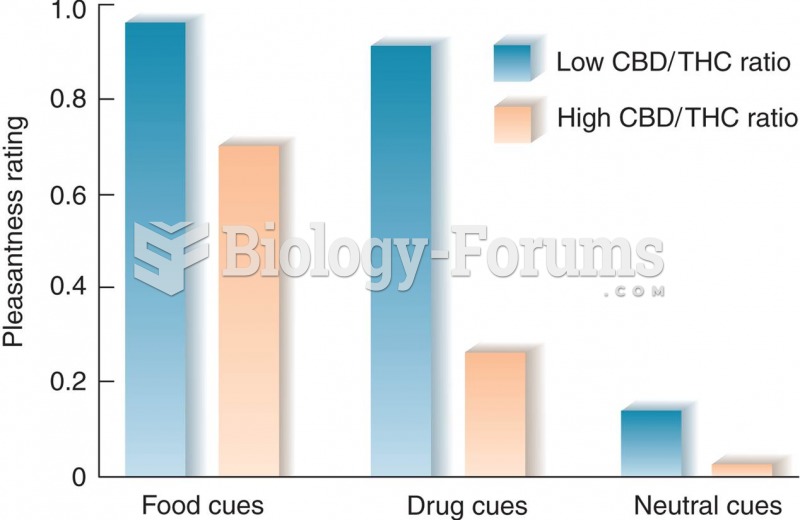Answer to Question 1
Correct Answer: 2, 3, 4, 5
Rationale 1: Increased appetite is not a side effect of glipizide.
Rationale 2: Patients should stay out of the sun because rashes and photosensitivity are possible. Some patients experience mild GI-related effects such as nausea, vomiting, or loss of appetite.
Rationale 3: Patients should stay out of the sun because rashes and photosensitivity are possible. Some patients experience mild GI-related effects such as nausea, vomiting, or loss of appetite.
Rationale 4: Patients should stay out of the sun because rashes and photosensitivity are possible. Some patients experience mild GI-related effects such as nausea, vomiting, or loss of appetite.
Rationale 5: Anorexia is the medical term for decreased appetite, which is a side effect to this medication.
Global Rationale: Patients should stay out of the sun because rashes and photosensitivity are possible. Some patients experience mild GI-related effects such as nausea, vomiting, or loss of appetite. Increased appetite is not a side effect of glipizide.
Answer to Question 2
Correct Answer: 4
Rationale 1: The best time to give one daily medication is 30 minutes prior to the primary meal of the day, when food ingestion will be the greatest. This will provide the steadiest control of glycemic level.
Rationale 2: The best time to give one daily medication is 30 minutes prior to the primary meal of the day, when food ingestion will be the greatest. This will provide the steadiest control of glycemic level.
Rationale 3: The best time to give one daily medication is 30 minutes prior to the primary meal of the day, when food ingestion will be the greatest. This will provide the steadiest control of glycemic level.
Rationale 4: The action of an oral antihyperglycemic is to maintain near-normal blood sugar levels. The best time to give one daily medication is 30 minutes prior to the primary meal of the day, when food ingestion will be the greatest. This will provide the steadiest control of glycemic level.
Global Rationale: The action of an oral antihyperglycemic is to maintain near-normal blood sugar levels. The best time to give one daily medication is 30 minutes prior to the primary meal of the day, when food ingestion will be the greatest. This will provide the steadiest control of glycemic level.







